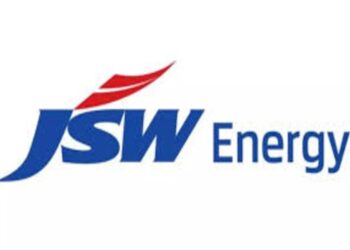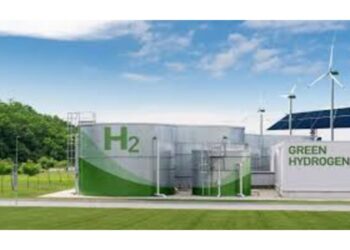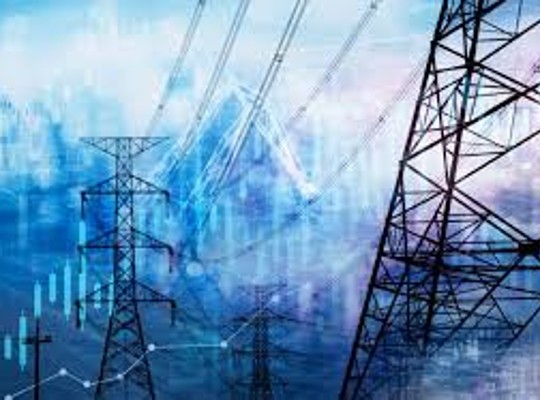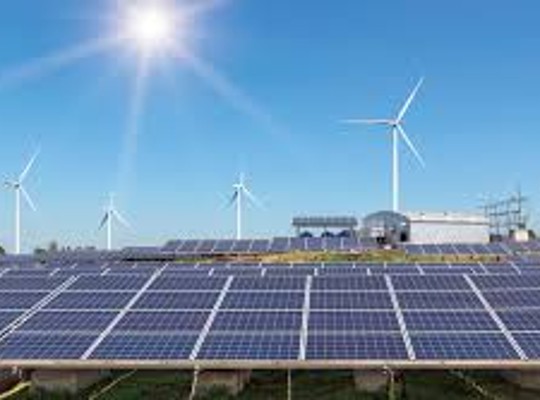Namibia’s state-owned power utility, NamPower, has secured a USD138.5 million finance package from the World Bank for its energy project that will integrate renewable energy as well as a second utility-scale battery energy storage system (BESS) into the electricity system.
The project aims to minimise outage risks, support load growth, and enable power trade in the South African Power Pool, with three components:
- The development of the second Auas–Kokerboom transmission line: The 465-km power line will connect Windhoek to Keetmanshoop and will be the second 400 kV line between these areas, helping NamPower transmit more electricity from north to south. The line will involve the installation of 422 towers utilising a compaction, cross-delta conductor’s arrangement.
- The development of a utility-scale BESS facility: The 45 MW/90 MWh BESS will be built at the Lithops substation in the Erongo region where the power demand is substantial, especially by big mines. The region is also expected to witness construction of several solar power projects. Funding from the International Bank for Reconstruction and Development for Innovative Global Public Goods Solutions, and the Green Climate Fund, will be used to build the BESS. In addition to aiding renewable integration, the BESS will also reduce Namibia’s power imports, make the power grid more stable, and manage peak demand scenarios.
- Technical assistance to support NamPower in developing bankable renewable energy projects and enhance the socio-economic benefits of its projects.










